Advice For Schools
What Does ‘Teaching’ Look Like in the EYFS?
Teaching in the EYFS has always been an area of discussion when working within schools.
Comments like, “I don’t feel like I am teaching if I am playing with the children,” and “I am more comfortable doing an ‘adult led’ activity as I feel like I am teaching properly then” are not unusual, but practitioners in early years do value how important it is to not see play and teaching as separate entities.
Most importantly, it’s not just senior leaders, dinner supervisors, and the adults working in schools that need to understand the complexities of teaching in the EYFS but parents and carers need to know too.
Research has shown that the quality of teaching is a key factor in ensuring that children in the early years are taught the essential foundations for life.
We know that if children have quality interactions provided by a quality workforce it will have significant long term effect on children’s learning and development.
As a workforce though we need to know that we can’t do this alone, as children are likely to spend more time at home than in the early years setting.
We know that children attending high quality provision impacts on raising outcomes but by EYFS practitioners modelling and communicating to parents about how they ‘teach’ in the provision will then enable parents to ‘teach’ their children in the home learning environment.
To be able to support our parents and practitioners working in the EYFS, let’s consider:
What is teaching in the EYFS?
Personally I have worked in the Early Years sector for over twenty years.
When I look back and remember my training, how I learnt to ‘teach’ in the EYFS is actually how I advise schools to ‘teach’ in the EYFS today.
In all honesty, yes there have been a number of changes but what hasn’t changed is how children learn. Knowing how children learn enables the adult to move the child’s learning forward via their teaching.
There are many different ways practitioners help children to learn through their teaching so we need to consider that ‘teaching’ in the EYFS is broad.
- When practitioners are interacting with children in their play they are ‘teaching’.
- When practitioners are modelling effective language skills they are ‘teaching’.
- When practitioners are exploring children’s ideas they are ‘teaching’.
We need to see that when an adult is interacting with children they are ‘teaching’ in the EYFS; ‘teaching’ is happening all of the time.
When training, I often refer to Ofsted guidance that has a useful footnote 103, p. 80 in their School Inspection framework ( Nov, 2019):
‘Teaching should not be taken to imply a ‘top down’ or formal way of working.
It is a broad term that covers the many different ways in which adults help young children learn.
It includes: their interactions with children during planned and child-initiated play and activities, communicating and modelling language, showing, explaining, demonstrating, exploring ideas, encouraging, questioning, recalling, providing a narrative for what they are doing, facilitating and setting challenges.
It takes account of the equipment that adults provide and the attention given to the physical environment, as well as the structure and routines of the day that establish expectations.
Integral to teaching is how practitioners assess what children know, understand and can do, as well as taking account of their interests and dispositions to learn (characteristics of effective learning), and how practitioners use this information to plan children’s next steps in learning and to monitor their progress’.
Characteristics of Effective Learning
Quality teaching in the EYFS also needs to have an environment that enables children to show adults what they understand, know and do.
It needs routines so that it enables children to learn at length and depth with adults interacting and moving the learning forward.
By seeing ‘teaching’ in the EYFS as not a formal way of working, it allows children to show the adults their interests and dispositions of learning, those ‘characteristics of effective learning’.
If children do not have the opportunity to engage with adults and let them know what motivates them in their learning, children will become disengaged in their learning.
Summary
I truly believe that as a profession we need to ensure that we work together with parents and that children are being taught effectively in these early years.
This will ensure that in the future we have a quality work force which have a range of skills, for example engineers, plumbers, teachers, builders, doctors, so that our children of today become life-long learners in the future.
What do you think? I’d love to hear your thoughts on this topic, so please feel free to comment below, or email us at hello@servicesforeducation.co.uk
In the meantime, I would love to share with you an exciting new opportunity:
Early Years Hubs, Birmingham
EYFS Hub events are an exciting opportunity for teaching assistants and teachers to access CPD that responds to their needs. Each Hub School is led by an experienced EYFS lead that is part of Services for Education Profile moderation team.
The EYFS hubs are attended by practitioners based locally with similar key priorities. Delegates will have the opportunity to share ideas, reflect and tour a ‘good’ or ‘outstanding’ EYFS setting.
The South Hub takes place at Welsh House Farm Community School and the North Hub takes place at Manor Park Academy. For more information about our Spring Hub (taking place in February)
More Information
If you enjoyed this blog, we would also recommend you take a look at the following:
- Soundtots [Blog] – a Musical Intervention at EYFS
- EYFS Courses and Resources
- Online Courses and Resources
If you would like to see a breakdown of our Spring EYFS newsletter, please visit the homepage here. You will find sections for our latest podcasts, training courses, information and blogs.
If you are not already receiving the EYFS newsletter, please sign up here:
We will send a newsletter every half term with the latest updates, information, guidance and resources relating to EYFS.
We also have a general SFE newsletter which goes out on a monthly basis. Find out more here.
Sign up to our EYFS Newsletter
About the Author: Serena Caine – Education Adviser – EYFS
Serena works as an Education Adviser for Services for Education and over the past ten years she has largely worked on EYFS CPD training, School Improvement and Profile moderation.
She became an accredited EYFS profile moderator in 2009 and leads a team of 15 experienced teacher based moderators for the EYFSP statutory duty on behalf of Birmingham LA.
Serena’s began teaching over 25 years ago and has extensive experience, particularly of working with children in the early Years. She firstly qualified as a Nursery Nurse; then completed a BA (hons) and PGCE in Early Years (0-8) and during her teaching career she taught EYFS, Key stage one and two so has a wide breath of experiences.
Due to her interest in education research when she was teaching she completed an action research MA in Education which focused on eyfs and assessment.
Serena is extremely passionate about providing all children with quality early years education so that they can build on their strong foundations for future life long learning.
If you have any questions or would like to get in contact with Serena, please email hello@servicesforeducation.co.uk or call 0121 366 9950.

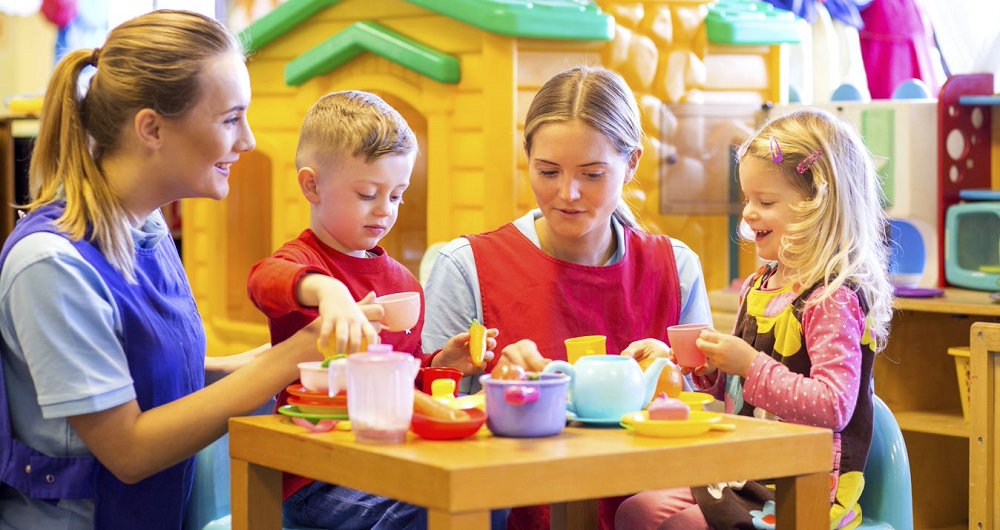
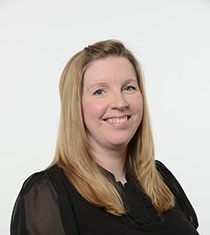
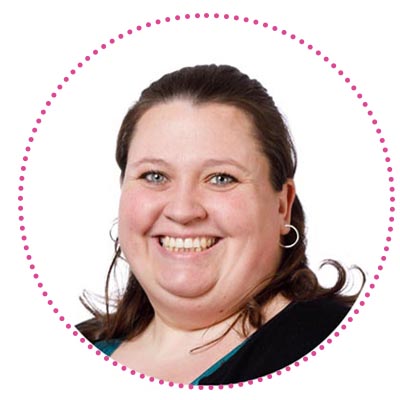 Lucie Welch – Adviser, Services For Education
Lucie Welch – Adviser, Services For Education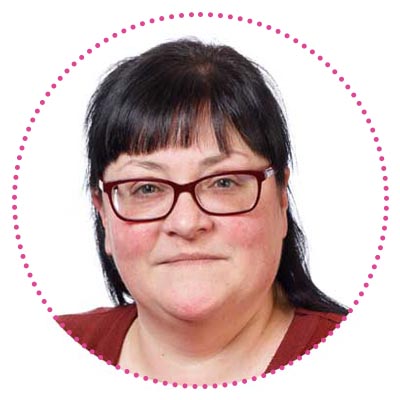 Jo Perrin - Adviser, Services For Education
Jo Perrin - Adviser, Services For Education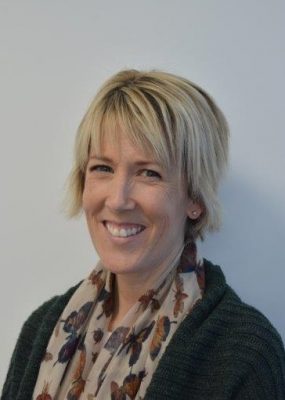
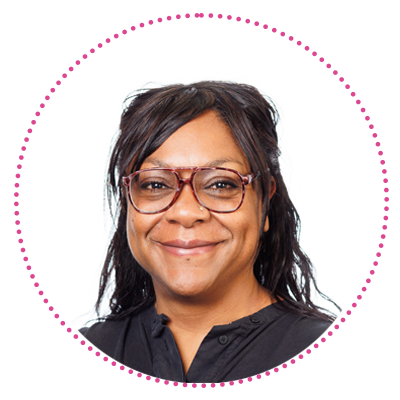 Marsha
Marsha 


